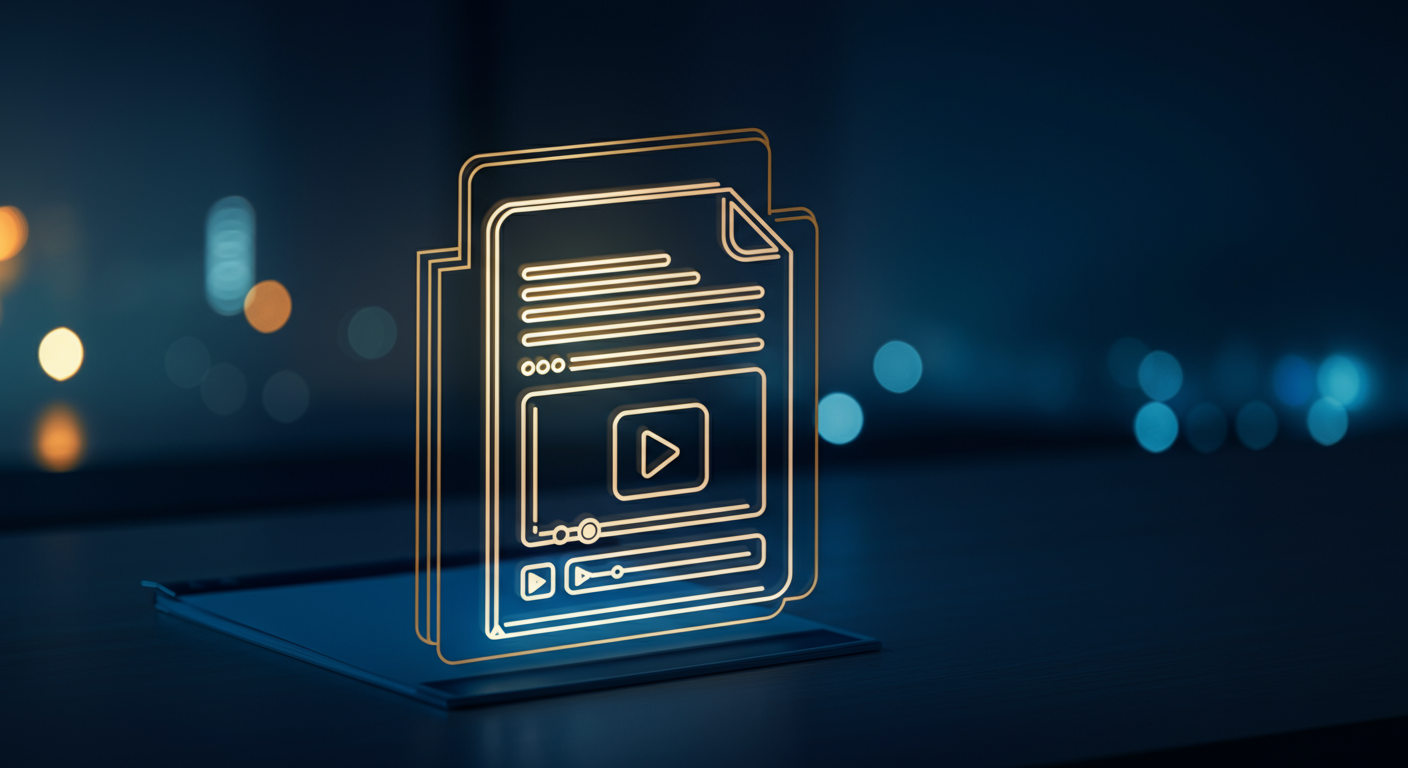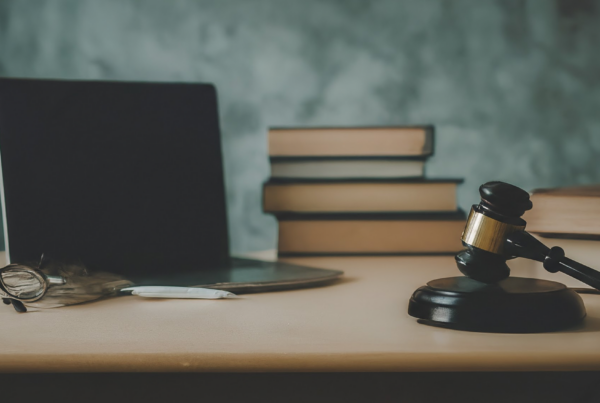In the dynamic world of commercial video programming, understanding the legal landscape is crucial for businesses striving to offer seamless entertainment experiences. Whether you’re running a bustling casino, a lively restaurant, or a cozy bar, ensuring your video programming complies with legal standards can safeguard your business from potential pitfalls.
As the demand for engaging visual content grows, so does the complexity of the laws governing its use. Navigating these regulations can be daunting, but it’s essential for maintaining your reputation and avoiding costly legal issues. This Commercial Video Programming Legal Guide will equip you with the knowledge needed to stay compliant while delivering top-notch entertainment to your customers.
At DLM Media, we understand the challenges businesses face in the hospitality and entertainment industries. Our expertise in providing tailored video programming solutions ensures that your business not only entertains but also adheres to the necessary legal frameworks. From licensing requirements to copyright laws, we’ve got you covered.
Throughout this guide, we’ll delve into the essential legal considerations you need to keep in mind, such as copyright compliance, licensing agreements, and the importance of obtaining appropriate permissions. By the end, you’ll have a clear roadmap to navigate the legal intricacies of commercial video programming, ensuring your business thrives in a competitive market.
Understanding Licensing in Commercial Video Programming
Licensing is a cornerstone of commercial video programming, ensuring that businesses can legally use content while avoiding costly legal pitfalls. In the world of video programming, obtaining the correct licenses is not just recommended—it’s essential for compliance and operational success. This section will delve into the various types of licenses required, such as synchronization and master use licenses, and their applications in commercial settings.
For businesses in the hospitality and entertainment industries, understanding licensing is crucial. Whether you’re running a casino, restaurant, or bar, the right licenses allow you to enhance your customer experience with engaging content, while safeguarding your business from legal issues. Let’s explore the key types of licenses and their significance.
Types of Licenses Required for Commercial Video Programming
In the realm of commercial video programming, two primary licenses are often required: synchronization licenses and master use licenses. Here’s a breakdown of these licenses and their applications:
- Synchronization License: This license allows you to use music in conjunction with visual media, such as videos or commercials. It’s essential for businesses that incorporate music into their video content.
- Master Use License: This license permits the use of a specific recording of a song. If you’re using a particular version of a track, obtaining this license from the record label is necessary.
These licenses ensure that businesses can legally use music in their video programming, avoiding potential legal disputes and penalties.
Consequences of Non-Compliance
Failing to obtain the necessary licenses can lead to severe consequences for businesses. Legal actions, fines, and reputational damage are common outcomes of non-compliance. For instance, a restaurant using unlicensed music in its promotional videos may face lawsuits from copyright holders, resulting in hefty fines and legal fees.
Moreover, non-compliance can tarnish a business’s reputation, leading to a loss of customer trust and potential revenue. It’s crucial for businesses to prioritize licensing to maintain their credibility and operational integrity.
Case Studies: Successful Licensing Strategies
Examining successful licensing strategies can provide valuable insights for businesses. For example, a well-known casino chain implemented a comprehensive licensing strategy, ensuring all their video content was legally compliant. By obtaining the necessary synchronization and master use licenses, they enhanced their customer experience without legal interruptions.
Another case involves a multi-location restaurant group that partnered with a licensing expert to streamline their video programming across all venues. This proactive approach not only ensured compliance but also allowed them to focus on delivering exceptional customer experiences.
These examples highlight the importance of strategic licensing in commercial video programming, demonstrating how businesses can thrive by adhering to legal requirements.
Navigating Copyright Issues in Video Programming
Copyright law is a pivotal aspect of commercial video programming, shaping how businesses create and distribute content. Understanding these laws is essential to avoid legal pitfalls and ensure your content respects the rights of others. This section will explore the intricacies of copyright protection, fair use, and strategies for safeguarding your video programming.
For businesses in the hospitality and entertainment industries, such as casinos and restaurants, comprehending copyright law is crucial. It not only protects your creative works but also ensures compliance when using others’ content. Let’s delve into the fundamentals of copyright and its implications for your business.
Understanding Copyright Law and Its Implications
Copyright is a legal framework that grants creators exclusive rights to their original works, including videos, music, and images. These rights allow creators to reproduce, distribute, and display their work, providing a means to monetize their creativity. For businesses, understanding these rights is essential to avoid unintentional infringement.
In the context of commercial video programming, copyright law impacts how you can use music, footage, and other creative elements. Failing to secure proper permissions can lead to legal disputes and financial penalties. Therefore, businesses must be vigilant in obtaining licenses and respecting copyright holders’ rights.
Exploring Fair Use and Common Pitfalls
Fair use is a doctrine that allows limited use of copyrighted material without permission under specific circumstances, such as criticism, commentary, or education. However, determining fair use can be complex, as it involves assessing factors like the purpose of use and its impact on the market value of the original work.
Common pitfalls in fair use include overestimating the scope of permissible use or failing to consider the commercial nature of the content. Businesses should seek legal guidance to navigate these nuances and ensure their use of copyrighted material falls within legal boundaries.
Protecting Your Content and Respecting Others’ Rights
To protect your video programming, consider registering your works with the Copyright Office. This step provides legal documentation of your ownership and strengthens your position in case of infringement disputes. Additionally, implementing digital rights management (DRM) technologies can help control how your content is accessed and distributed.
When using others’ content, always secure the necessary licenses and agreements. This includes synchronization licenses for music and performance rights for video footage. By respecting others’ rights, you not only avoid legal issues but also foster a culture of creativity and innovation in the industry.
For further insights into commercial video programming and legal compliance, explore more resources on our website, DLM Media.
Strategies for Legal Compliance in Video Programming
In the world of commercial video programming, ensuring legal compliance is not just a best practice—it’s a necessity. Businesses in the hospitality and entertainment industries must navigate a complex legal landscape to avoid costly pitfalls and maintain their reputation. This section will explore effective strategies for achieving compliance, including regular audits and comprehensive staff training.
Understanding and implementing these strategies can help businesses like casinos, restaurants, and bars deliver engaging content while adhering to legal standards. By focusing on proactive measures, businesses can safeguard themselves against potential legal issues and enhance their operational integrity.
Conducting Regular Compliance Audits
Regular compliance audits are a cornerstone of maintaining legal standards in video programming. These audits involve a thorough review of all content and licensing agreements to ensure that everything is up-to-date and in line with current laws. By conducting these audits, businesses can identify potential compliance gaps and address them before they escalate into legal problems.
For instance, a multi-location restaurant group might hire a legal expert to audit their video content across all venues. This proactive approach ensures that all programming complies with copyright and licensing laws, preventing potential legal disputes and protecting the business’s reputation.
Implementing Comprehensive Staff Training Programs
Another critical strategy for legal compliance is implementing comprehensive staff training programs. Employees should be well-versed in the legal aspects of video programming, including copyright laws, licensing requirements, and fair use principles. Training programs can be tailored to different roles within the organization, ensuring that everyone understands their responsibilities.
Consider a casino that regularly updates its staff on the latest legal requirements through workshops and seminars. This ongoing education helps employees make informed decisions when selecting and displaying video content, reducing the risk of inadvertent legal violations.
Case Study: Successful Compliance Strategy
To illustrate the effectiveness of these strategies, consider the case of a well-known entertainment venue that successfully navigated the legal landscape of video programming. By conducting regular audits and investing in staff training, the venue ensured its video content was fully compliant with legal standards. This approach not only protected the venue from potential lawsuits but also enhanced its reputation as a responsible and trustworthy business.
By adopting these strategies, businesses can achieve legal compliance in video programming, ensuring they provide high-quality entertainment without compromising their legal standing. For more insights on maintaining compliance in commercial video programming, visit DLM Media.
Ensuring Compliance and Enhancing Customer Experience
With the ever-evolving landscape of commercial video programming, businesses in the hospitality and entertainment sectors must prioritize legal compliance to protect their operations and enhance customer engagement. By understanding the intricacies of licensing and copyright laws, businesses can create a seamless entertainment experience that aligns with legal standards. This Commercial Video Programming Legal Guide has provided you with the essential knowledge needed to navigate these complex regulations effectively.
Key takeaways from our guide include:
- Licensing Essentials: Understand the importance of obtaining synchronization and master use licenses to legally incorporate music into your video content.
- Copyright Compliance: Familiarize yourself with copyright laws and the concept of fair use to avoid legal pitfalls and protect your creative works.
- Proactive Measures: Implement regular compliance audits and comprehensive staff training programs to maintain legal standards and operational integrity.
As you reflect on these insights, consider reviewing your current practices and seeking legal advice if necessary. By prioritizing compliance, you not only safeguard your business but also enhance the customer experience, fostering trust and loyalty. For more resources and expert guidance, explore our website at DLM Media.
We invite you to share your thoughts or questions in the comments section. Engaging with the community can provide additional perspectives and support as you implement these strategies. Remember, staying informed and proactive is key to thriving in the competitive world of commercial video programming.





